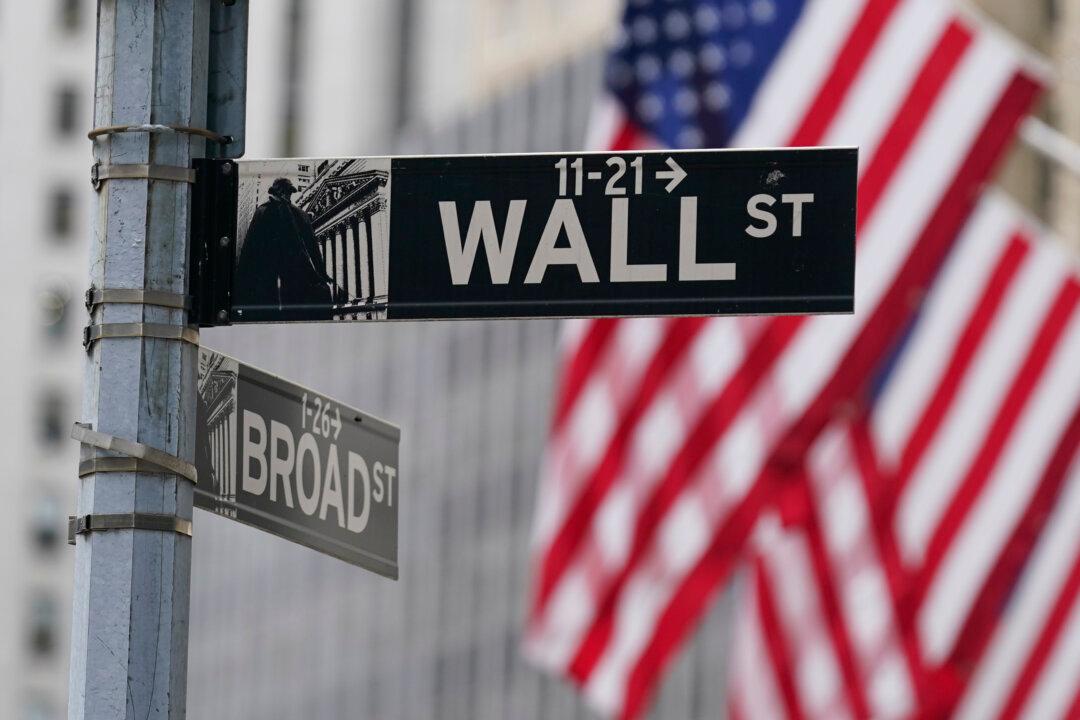Commentary
The recent blockbuster $12.5 billion infrastructure fund purchase by BlackRock, the world’s largest asset management firm and the leading proponent of sustainable investing on Wall Street, offers another chance to revisit a pressing U.S. policy question: From a national and economic security perspective, who should and shouldn’t be allowed to own critical infrastructure assets in this country?For some time now, there has been broad bipartisan support for preventing foreign companies (even from friendly nations) from owning strategic facilities such as U.S. seaports. Watching China’s predatory Belt and Road Initiative play out in Europe and the developing world over the past decade has only served to reinforce this political consensus.



